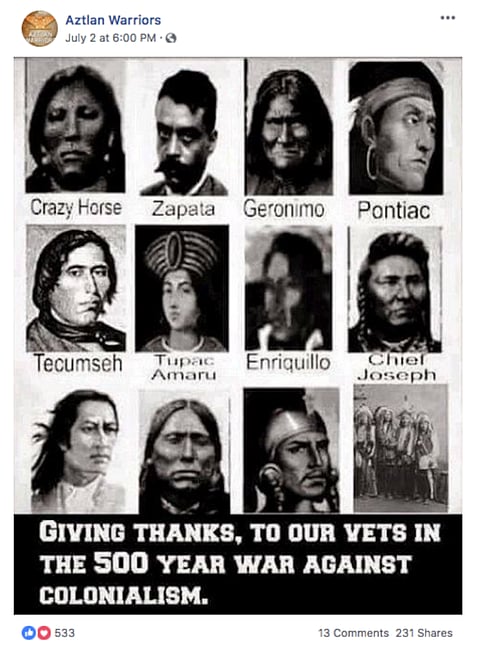BN Confidential
BN Confidential: Shades of Bell Pottinger’s WMC tactics in explosive Facebook disclosures
Bell Pottinger might be dead. But the stink from its corpse still lingers.
By Alec Hogg
Shortly after I arrived at Absa Bank in the mid-1990s, the Tollgate controversy landed on my desk.
One of the units Absa had acquired a few years earlier, Trust Bank, had lent fortunes to the JSE-listed mini-conglomerate which owned Golden Arrows busses amongst other things. It subsequently went bust after the bank saw no chance of its loans being repaid and recalled them.
___STEADY_PAYWALL___

